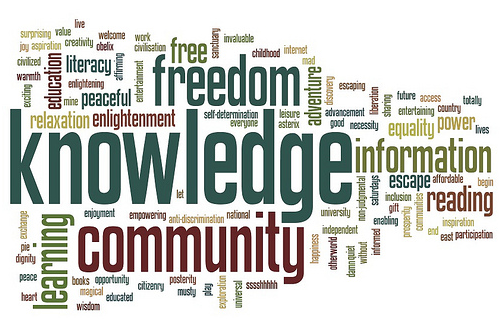Health Literacy: How does it impact you?
by Denise H. Britigan, PhD, CHES, Assistant Professor, Department of Health Promotion, Social and Behavioral Health
“Health literacy is the degree to which individuals have the capacity to obtain, process, and understand basic health information and services needed to make appropriate health decisions.”~~~Healthy People 2010
“Health literacy” refers to functional health literacy, the core components of which are reading, writing, math, and oral language skills—both hearing and speaking. Functional literacy requires skills in each of these areas.

Literacy levels are described as follows:
Illiteracy: total inability to read and write
Low literacy: ability to read/write/understand below the 5th grade level
Marginal literacy: ability to read/write/understand between the 5th and 8th grade level
Adequate/Proficient literacy: ability to read/write/understand at the 8th grade level and above
According to the Institute of Medicine, half the adult US population lacks the health literacy skills to function within the health care system. A person with adequate health literacy is able to accomplish the following tasks:
- Read and identify credible health information
- Understand numbers in the context of his or her health care (numeracy)
- Make appointments
- Fill out forms
- Gather health records and ask appropriate questions of physicians
- Advocate for appropriate care
- Navigate complex insurance programs, Medicare/Medicaid, and other financial assistance programs
- Use technology to access information and services
Limited health literacy disproportionately affects lower socioeconomic and minority groups and is associated with worse health outcomes, higher costs, and health disparities.
The US Department of Health and Human Services has developed a National Action Plan to Improve Health Literacy, which seeks to engage organizations, professionals, policymakers, communities, individuals, and families in a linked, multisector effort to improve health literacy. The plan is based on the principles that (1) everyone has the right to health information that helps them make informed decisions and (2) health services should be delivered in ways that are understandable and beneficial to health, longevity, and quality of life. The vision informing this plan is of a society that:
- Provides everyone with access to accurate and actionable health information
- Delivers person-centered health information and services
- Supports lifelong learning and skills to promote good health
The National Action Plan to Improve Health Literacy contains seven goals that will improve health literacy and suggests strategies for achieving them. The goals and strategies can be found at http://www.health.gov/communication/hlactionplan/.
One of the goals of Healthy People 2020 is to use health communication strategies and health information technology to improve population health outcomes and health care quality, and to achieve health equity. One objective is to improve health literacy. For more information, go to http://www.healthypeople.gov/2020/default.aspx.
For more information on our Health Literacy Nebraska effort, contact Denise H. Britigan, PhD, at denise.britigan@unmc.edu or (402) 552-7257.

